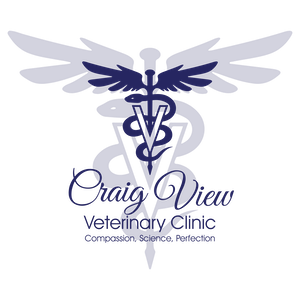The most common presentation of avian patients to our hospital is for respiratory conditions.
You as an owner my notice your bird showing one or more of the following signs:
*Your bird is quieter than usual or his voice has changed
* He is not eating as well as normal or not at all
*He is looking sleepy and ruffled up, or is just not himself
* He is sneezing or coughing
* He has a discharge from his nose or mouth
*His eyes look swollen or partially closed
* He is breathing with his mouth open
*His tail bobs up and down when he breathes
*You can hear wheezing, clicking or whistling sounds when he breathes
* His infraorbital sinuses (pockets below his eyes) are puffed up, or inflate and deflate with his breathing.
Respiratory problems in birds can have many causes including bacterial, viral and fungal infections. Inhalation of toxic fumes or foreign bodies can also show severe respiratory signs.
An overwhelming amount of respiratory cases seen by our hospital have an underlying nutritional cause. Sunflower based diets are very nutritionally poor and birds develop a severe lack of vitamins over time.
Vitamin A is partially responsible for healthy immune systems and healthy mucous membrane linings, so having low vitamin A levels puts birds at increased risk for recurrent or even life-threatening respiratory infections.
Birds should be consuming primarily a pelleted diet with fresh fruits and vegetables. Seeds and nuts are welcomed, but should only be a small proportion as a treat and not the sole diet.
We have the internationally popular Kaytee pellets in store which are ideal. Please ask one of our vets for advice on how to change your bird over from seeds to pellets, as it can be a process for birds who have been on sunflower diets for a long time.
Birds are prey animals, and are designed to hide signs of disease until they can no longer hide it. When your bird starts to show signs of illness, it is safe to assume they are already very sick and require veterinary attention. Avoid the "watch and see if he improves" approach with birds, as they are often a lot more critical than you may realise.
We are proud to have a custom designed Avian Ward in our hospital with the option to keep birds in oxygen or nebulusation therapy. We have facilities available for avian xrays, endoscopy and laboratory testing.
Dr. Sarah Le Goff and Dr. Clifford Bull have special interest in avian medicine and surgery, and recently attended a two day seminar and practical session on avian radiology and endoscopy with world renowned avian specialist; Dr. Neil Forbes.
Dr. Sarah is working towards her aspiration of aquiring her international avian specialisation with ABVP.







